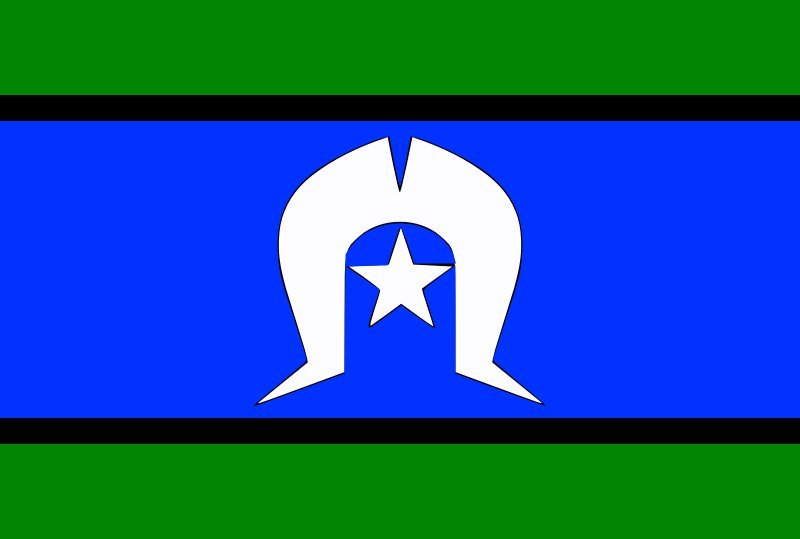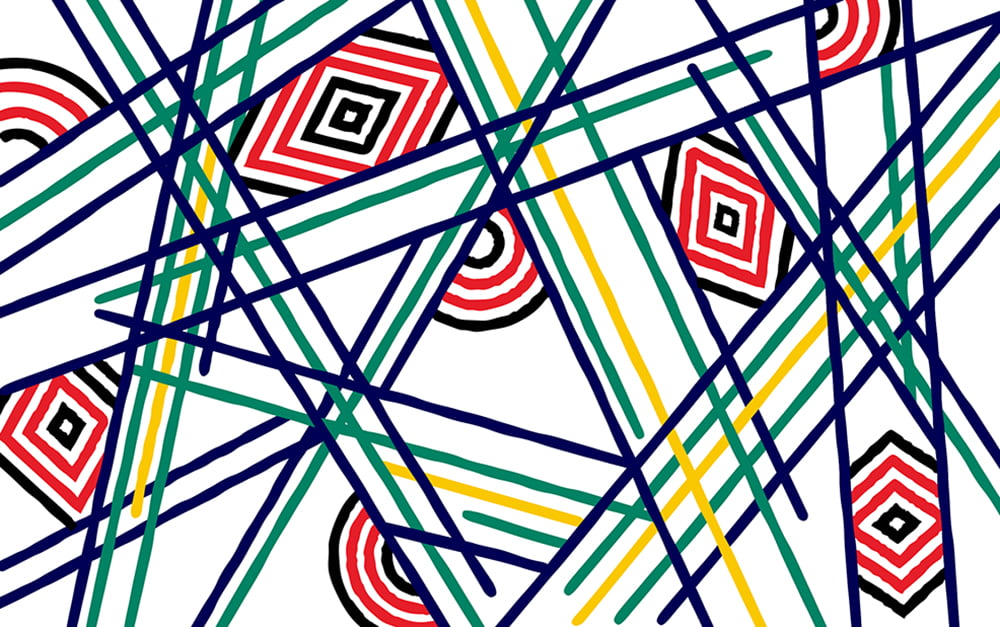Delivered by RMIT Regenerative Futures Institute, this interdisciplinary course is a new way of thinking and acting. Gain fluency in the concepts and language of sustainability to become a powerful advocate for change.

- Short courses
-
Study areas
Future Skills Short CourseProject Management for ProfessionalsDuration 6 weeks, 8 hours per weekNext start 16 Mar 2026Future Skills Short CourseContent and Social Media MarketingDuration 6 weeks, 8 - 10 hours per weekNext start 16 Mar 2026
- Contact us
- Course login
Eco-Literacy
Study mode
Online
Industry partners:
Level up your skills and qualifications as a digital native
Teaming up with the best in industry, our Future Skills courses lean into the future of work to deliver the best in structured, mentor-supported, 100% online education.
Ready to navigate the complex world of sustainability with clarity and confidence? Eco-literacy is your guide to understanding the language, concepts, and dimensions of sustainability. This course offers an opportunity to explore the core principles and apply systems thinking, building the foundations you need to engage with today's challenges.
You’ll gain the awareness and skills to develop a new way of thinking and acting through a process of deep personal reflection. By exploring diverse perspectives, including Indigenous knowledge and non-Western worldviews and applying these insights to real-world challenges, you’ll develop the fluency to communicate with genuine impact and become a powerful advocate for change.
Whether you're a communications professional, company director, educator, community leader, or simply a curious thinker, this course will equip you with the mindset and tools to drive meaningful outcomes in your own context.
This course is ideal for professionals and leaders who want to apply eco-literacy to their work.
- Practitioners in Leadership & Strategy: Mid- and senior-level professionals who want to strengthen their communication skills and apply systems thinking to sustainability challenges.
- Professionals in Impact-Driven Fields: Individuals across education, urban development, environmental management, and policy-making who are motivated to align their work with regenerative values and community resilience.
- Marketing & Communications Professionals: Those in marketing, PR, or brand management who want to authentically communicate for impact and align their organisation's message with a deeper understanding of sustainability.
- Company Directors & Business Leaders: Non-executive directors and business leaders seeking a deeper understanding of sustainability to inform strategic oversight and drive purpose-led change.
By the end of this course, you’ll be able to:
- Critically engage with frameworks of eco-literacy, ethical debates and sustainability policies to develop site-responsive practices
- Reflect critically on the role of more-than-human actors in eco-literate publics, considering ecological interdependence and shared survival needs
- Advocate for regenerative futures by communicating human–more-than-human connections to promote resilience and stewardship.
This is a practical, interdisciplinary course designed for professionals. Over six weeks, committing to approximately 9–10 hours per week, you'll move from foundational learning to practical application through a blend of self-paced lessons, interactive group sessions, and 1:1 mentor interactions.
The course concludes with a final personal eco-action, based on a project of your own choosing, making it directly relevant to your professional context.
The Regenerative Futures Institute works to find practical solutions that help rebuild and improve social, environmental, and economic systems, making the world fairer, more inclusive, and more sustainable for everyone.
We use knowledge from different fields and bring together researchers, educators, industry experts, and communities to go beyond just reacting to global challenges - we aim to create lasting solutions that make a real difference. As a globally connected university, we combine local insights with international partnerships to speed up progress and make meaningful change.
Building on decades of work for a sustainable planet, we also draw from Indigenous Knowledge to develop ethical leadership and just societies. We tackle big problems like climate change and inequality with proactive solutions.
Whether it’s driving innovation, strengthening communities, sharing knowledge, or leading change - everyone has a role to play in shaping a better future.
Course Overview
Learn more about our Eco-Literacy course in the video below.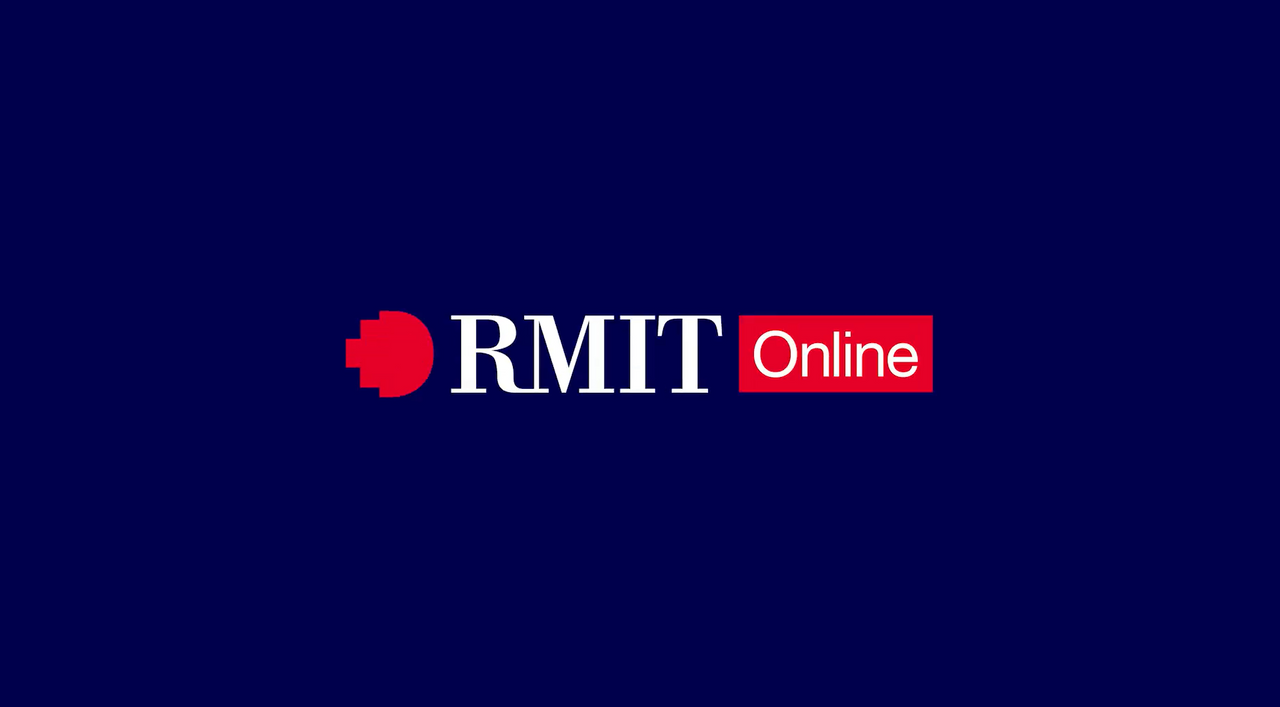
Get RMIT credentialed
Course Structure
Learn more about Eco-LiteracyModule 1: What is Sustainability
+- Explore the environmental, social, and economic pillars of sustainability and their impacts
- Investigate circular economy, Doughnut Economics, and Permaculture through systems thinking for sustainability
- Engage in discussions on eco-literacy, regeneration, and methods to reduce personal environmental pressures
Module 2: What is your impact on sustainability?
+- Gain insights into how countries, industries, and personal actions impact sustainability
- Analyse ecological footprints to understand global and personal sustainability challenges
- Discuss lifestyle impacts and explore strategies for taking collective action
In this week you’ll have a mentor check-in
Module 3: The life paradigm
+- Critically reflect on the dominant life paradigm and examine personal values and goals
- Explore concepts of happiness and wealth and their impact on sustainability
- Investigate policies and regulations fighting greenwashing
Module 4: Alternative perceptions
+- Explore alternative perceptions and life paradigms, focusing on non-Western perspectives like ecological civilisation in China and Indigenous Australian views
- Use systems thinking to compare natural and human systems, enhancing understanding of ecological interdependence
In this week you’ll have a mentor check-in.
Module 5: Action and advocacy for positive change
+- Develop actionable insights for creating systemic change through eco-literacy, and examine both bottom-up and top-down sustainability initiatives
- Learn effective communication strategies for sustainability, targeting education and stakeholder collaboration
- Explore climate tech innovations and legal actions like climate litigation and "river with civil rights" cases
Module 6: Reflection and future perspectives
+- Finalise and iterate your action plan with feedback from peers or family
- Explore future perspectives, considering both dystopian and utopian scenarios
- Engage in future scenarios thinking and discover trends and tips for your final project
Learn with industry experts
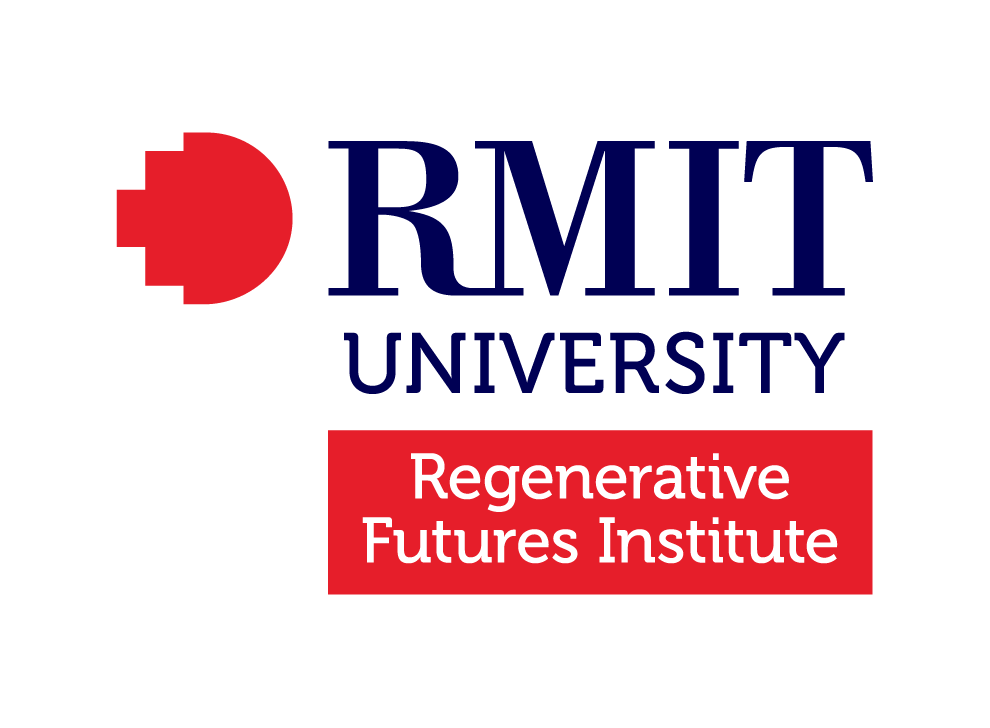
RMIT
The RMIT Regenerative Futures Institute works to find practical solutions that help rebuild and improve social, environmental, and economic systems, making the world fairer, more inclusive, and more sustainable for everyone. Using knowledge from different fields and bringing together researchers, educators, industry experts, and communities to go beyond just...
The RMIT Regenerative Futures Institute works to find practical solutions that help rebuild and improve social, environmental, and economic systems, making the world fairer, more inclusive, and more sustainable for everyone. Using knowledge from different fields and bringing together researchers, educators, industry experts, and communities to go beyond just reacting to global challenges - RFI aims to create lasting solutions that make a real difference. As a globally connected university, RMIT combines local insights with international partnerships to speed up progress and make meaningful change.
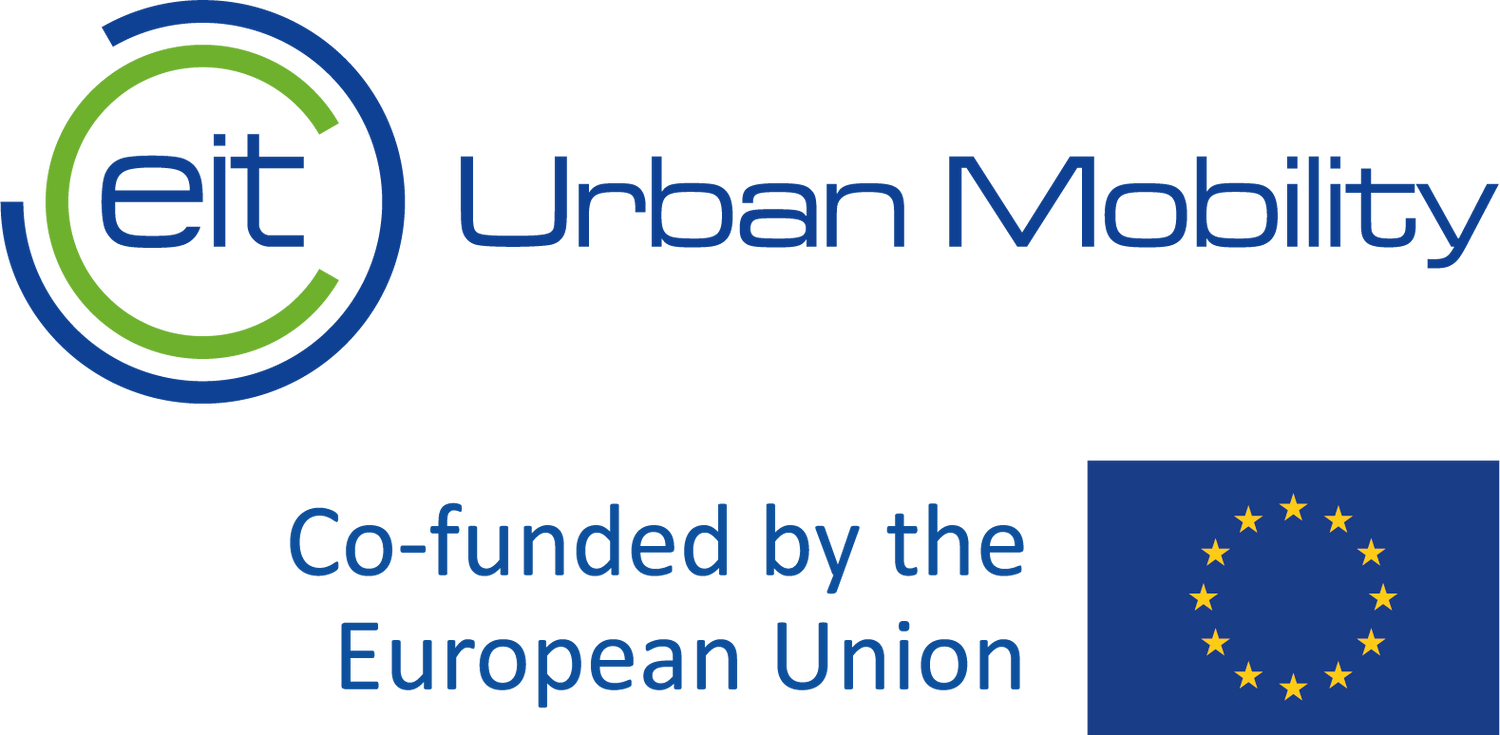
EIT Urban Mobility is an initiative of the European Institute of Innovation and Technology (EIT). Since January 2019 they have been working to encourage positive changes in the way people move around cities in order to make them more liveable places.
Why choose RMIT
Get a world-class education and transform your career.
Real world skills
Develop skills that have been validated by industry, while getting credentialed by a world-leading university.
Industry connected
You'll gain knowledge and practical skills from renowned industry partners who are at the forefront of their field.
Flexible delivery
Advance your career while you study. RMIT Online courses let you balance work, study and life commitments.
Supported community
Be guided by a network of industry experts and peers, and supported by our dedicated success team.










